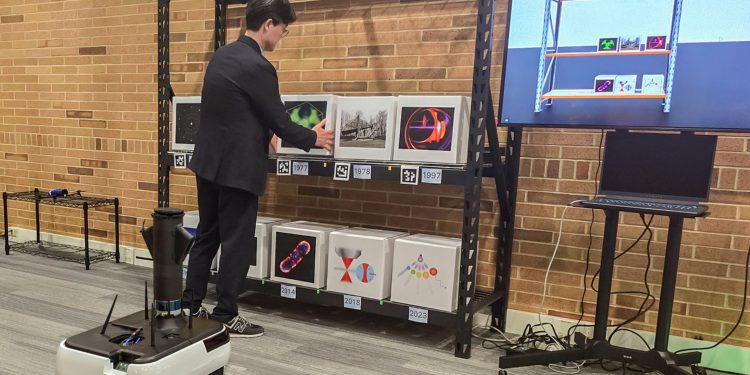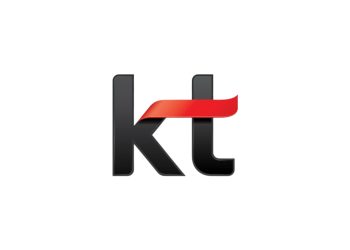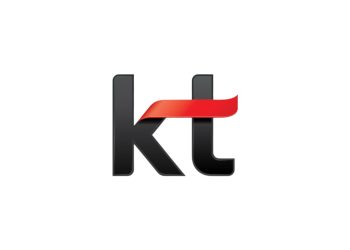KT Corp. of South Korea has partnered with Nokia Bell Labs Core Research to drive forward the research and commercialization of semantic communication technology — a foundational element of upcoming 6G networks. Announced on Monday, the collaboration is part of KT’s broader strategy to enhance its competitiveness in the global push toward next-generation telecom solutions.
Semantic communication is an advanced technique that utilizes artificial intelligence to comprehend the context and meaning behind data, thereby transmitting only the most relevant information. Unlike traditional systems that send every data point, this method mirrors how humans communicate — focusing on meaning rather than exact words — and is expected to greatly improve the efficiency of data transmission in the AI-driven 6G era.
KT’s research into semantic communication highlights its ambition to build the foundation for AI-native networks — a critical requirement for future 6G systems. These networks, designed with artificial intelligence at their core, are expected to enable services that demand ultra-reliable, low-latency communication, such as autonomous vehicles, remote-controlled robotics, and holographic interactions.
To test the technology’s potential, KT began internal trials last October in areas with heavy data use, such as video and voice communication. These are key areas where users are particularly sensitive to the quality of service. The trials confirmed that semantic communication could maintain the original meaning of content while significantly reducing the amount of data transmitted, all without noticeable loss in user experience.
KT explained that, unlike conventional systems that send every piece of data, semantic communication allows networks to transmit only what truly matters. It functions similarly to how people speak — by understanding and responding to meaning rather than processing every word or sound. This could lead to much more efficient and intelligent communication networks.
The technology’s efficiency could be especially valuable in environments with limited bandwidth, such as satellite-based communication or crowded urban networks. By reducing transmission volumes while preserving message clarity, semantic communication may help ensure more consistent and high-quality services, even under strain.
To accelerate progress, KT has formed a strategic alliance with Nokia Bell Labs, a leading global research institute in communications. Earlier this year, the two companies signed a cooperation agreement to jointly develop 6G semantic communication technologies. In May, they held a dedicated workshop at Bell Labs’ U.S. headquarters to align their roadmaps and research goals.
Their joint work will focus on developing semantic transmission algorithms and verifying full communication system performance, including over wireless connections. Both organizations also aim to contribute to the standardization of 6G technologies, helping to shape the global framework for next-generation communications.
Peter Vetter, President of Bell Labs Core Research, noted that Nokia Bell Labs has been pioneering semantic communication research, and collaboration with KT will help validate use cases and bring the technology closer to real-world applications. KT, for its part, emphasized that this innovation marks a turning point in the evolution of networks, merging AI and telecommunications to deliver smarter, more responsive connectivity.







